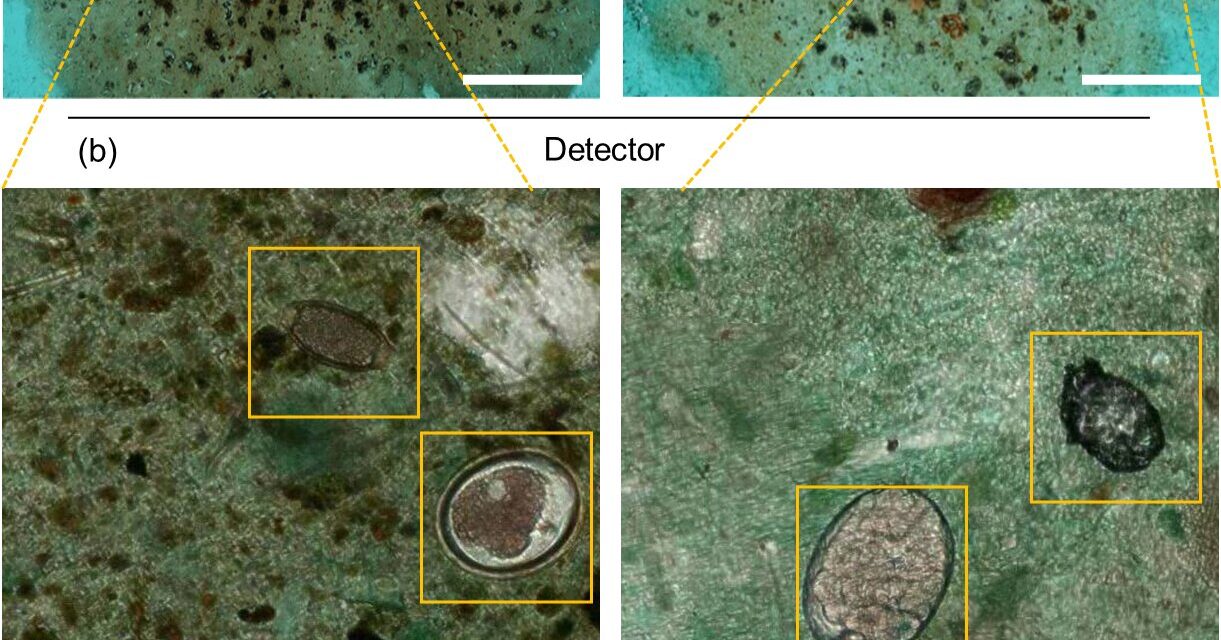A groundbreaking study published in the open-access journal PLOS Neglected Tropical Diseases unveils the revolutionary use of artificial intelligence (AI) in diagnosing parasitic infections in patients through the analysis of stool samples. Spearheaded by a multi-institutional team of specialists, this innovative approach promises to address critical gaps in diagnosing parasitic infections, particularly in resource-limited settings.
Currently, the task of detecting parasitic worm eggs in stool samples relies heavily on highly trained lab technicians. However, individuals residing in areas lacking nearby laboratories or facing financial constraints often remain undiagnosed. Recognizing this pressing issue, the researchers explored the potential of AI technology to bridge this diagnostic gap.
The study involved training and testing an AI application using 1,300 stool samples collected from children in Kenya. Following local processing, the samples underwent digital scanning using microscope cameras, with resulting scans uploaded to the cloud for analysis by the AI application.
Focusing exclusively on three types of parasitic infections—hookworms, roundworms, and whipworms—the research team found that the AI application demonstrated remarkable accuracy in detecting the presence of worm eggs in processed fecal samples. Detection rates ranged from 76% to 96% across different types of infections, with false identifications occurring only 1% to 2% of the time.
Importantly, the AI analysis of a sample required just five minutes, offering a swift and efficient diagnostic solution. Although upload speed could extend the total processing time to up to half an hour, the researchers emphasize that the AI application could be deployed anywhere with network access, presenting a cost-effective alternative to traditional lab-based diagnostics.
Lead researcher Johan Lundin and his team assert that these promising results pave the way for field testing of the AI application, heralding a new era in parasitic infection diagnosis. Their study marks a significant advancement in leveraging AI technology to enhance healthcare accessibility and address health disparities, particularly in underserved communities.
The groundbreaking use of AI in diagnosing parasitic infections not only streamlines diagnostic processes but also holds immense potential in expanding access to timely and accurate healthcare interventions, underscoring the transformative impact of technology in global health initiatives.












